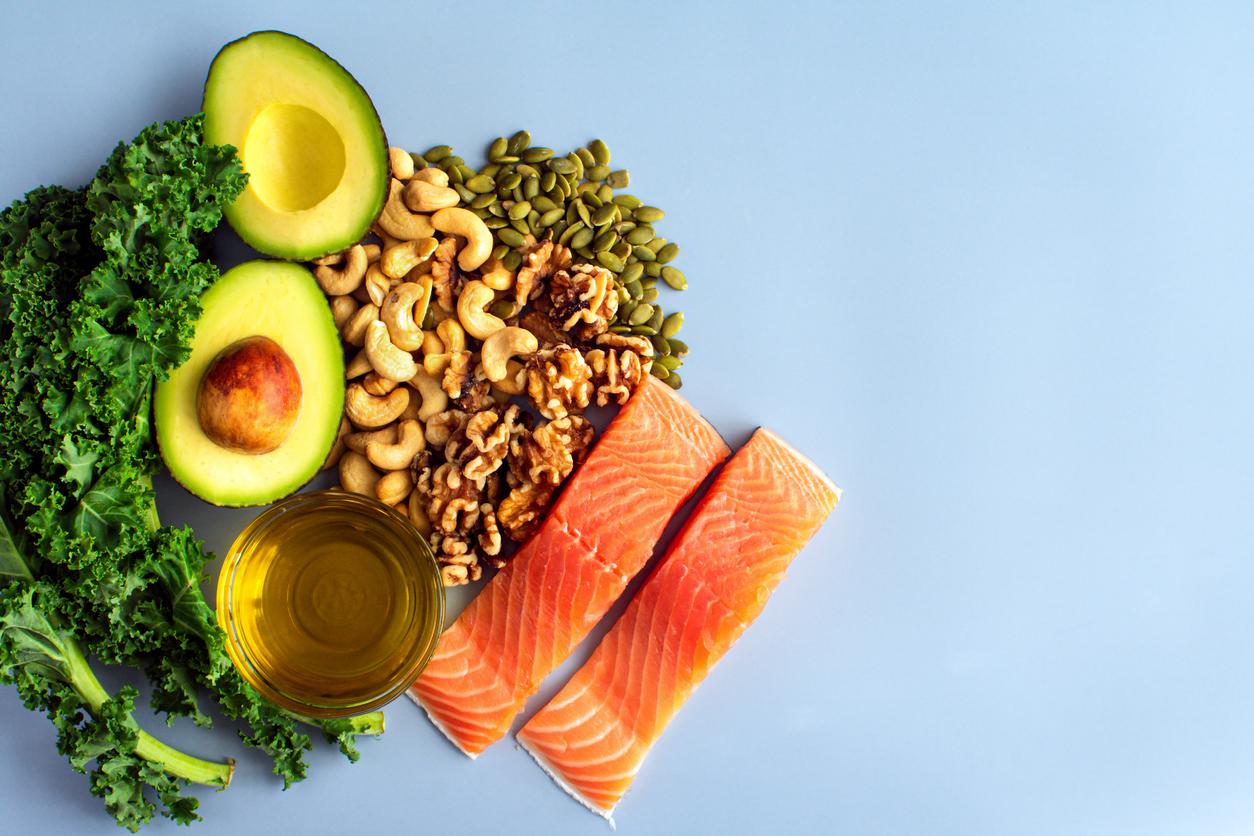To ward off depression and maintain our good mood, we must favor vegetarian, Mediterranean and keto diets, according to an American study.

- Prioritizing Mediterranean, vegetarian and keto diets leads to “significant changes in measures of anxiety, well-being and happiness”.
- Additionally, excess carbohydrates are associated with increased stress, anxiety, and depression as well as decreased gut microbiome diversity.
- The study shows that consuming fats and proteins improves mental well-being while consuming carbohydrates has the opposite effect.
Diet influences physical health… but also mental health. A new study conducted by researchers at Emory University (Atlanta, USA) confirms once again that the content of our plate influences the microbiome, and by domino effect our mood.
The impact of several diets on mood and the microbiome tested
To assess the link between the different diets, the microbiota and mental health, the scientists recruited 20 adults. The latter, who initially had a Western diet, had to indicate in a diary what they ate for two days. Subsequently, a sampling of their gut microbiome and five surveys analyzing their mental health, mood, happiness and well-being were carried out. They then changed diets for at least a week. The microbiome and the psychic state were again tested.
During the study period, most participants chose a vegetarian diet, followed by ketogenic and Mediterranean cuisines. “Shifting from a predominantly Western diet to vegetarian, Mediterranean and ketogenic diets has resulted in changes in calorie and fiber intake”note the authors in the article available for pre-publication on the site medRxiv.
3 diets that improve mood
Prioritizing Mediterranean, vegetarian and keto diets over a Western diet has led to “significant changes in measures of anxiety, well-being and happiness”. In detail, a higher consumption of (good) fats and proteins – nutrients very present in these three diets – reduced anxiety and depression, while eating more carbohydrates was associated with an increase in stress, anxiety and depression as well as a decrease in gut microbiome diversity.
Thus, for the researchers, the study highlights a link between food composition, the diversity of the intestinal microbiome and mental health in adult individuals. Specifically, it shows that consuming fats and proteins improves mental well-being, while consuming carbohydrates has the opposite effect.

















